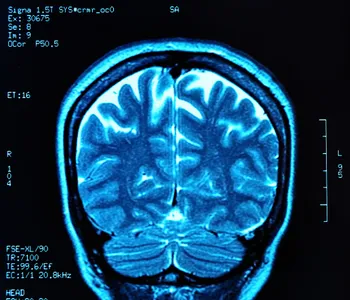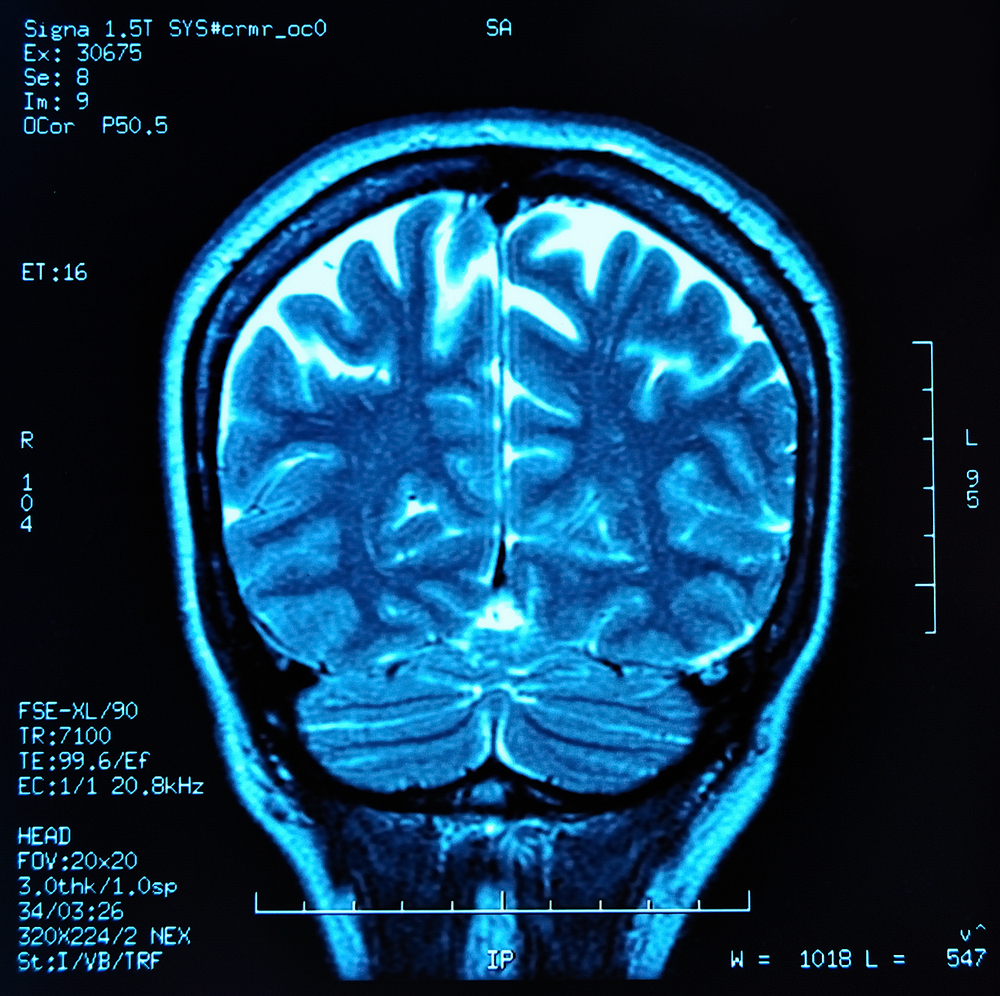
Researchers at the University of Toronto say that most of the people who develop Rapid Eye Movement (REM) sleep behaviour disorder will also develop degenerative brain disease within the near future.
“Rapid-eye-movement sleep behaviour disorder (RBD) is not just a precursor but also a critical warning sign of neurodegeneration that can lead to brain disease,” noted John Peever, an associate professor at the University of Toronto. In fact, Peever went on to suggest that sleep disorders may be the “best method of predicting the onset of brain disease.”
The University of Toronto researchers’ findings, which have recently been published in Trends in Neurosciences, suggest that there is a clear link between sleep disorder and degenerative brain disease. Peever and his team argue that brain degeneration first occurs in the parts of the brain controlling sleep, later attacking those areas involved in the onset of Parkinson’s and Alzheimer’s.
REM sleep disorders are most common among older men, with 90-percent of cases being found in males aged 50 or over. Symptoms are often very clear, with REM sleep disorder sufferers acting out their dreams — in many cases, this involves people hitting, kicking, screaming, and even leaping out of bed during the REM stage of sleep.
This behaviour might sound familiar to people who sleepwalk, but there are differences: most notably, sleepwalkers struggle to wake up, and feel groggy and confused when that occurs. But REM sleep disorder sufferers are immediately alert and conscious of what they are doing.
Peever says his team’s findings could play an important role in detecting and treating brain disease at an earlier stage.



